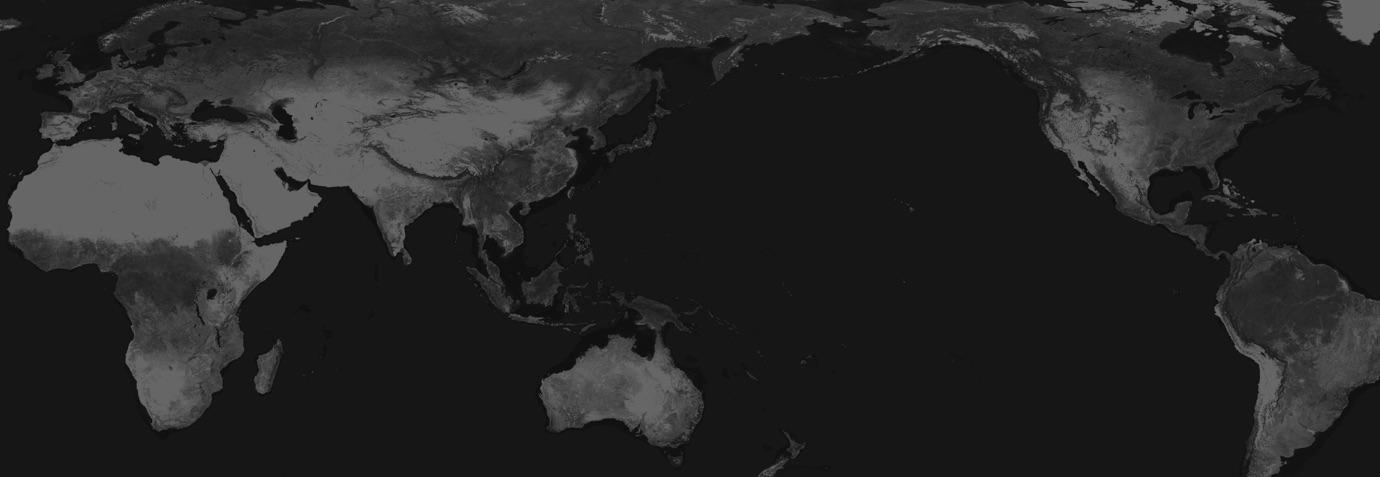China is home to two of the world’s largest cities, Shanghai and Beijing, with populations of 26 and 20 million people respectively. Not only are they two of the largest cities in the world, they attract hundreds of millions of tourists each year – Australians alone accounted for almost 600,000 tourists who visited China for holidays in 2018.
If you’re looking to visit somewhere exotic, packed full of history with new sights and experiences, a trip to China is a must.
Chinese New Year (Spring Festival) is celebrated across the country in late January or early February, and is a great time to see the country in full swing. It’s an amazing celebration of fireworks, lanterns, elaborate decorations and delicious authentic food. It can be busy, but if you’re a lover of incredible cultural experiences, then add this one to your bucket list.
As exciting as a trip to China may be, it’s important to consider the risks of disease and illness that can very quickly turn an unbelievable trip of a lifetime into and unforgettable one, for all the wrong reasons. Speak with your healthcare professional about which vaccinations or other preventative measures you might need prior to your departure.

